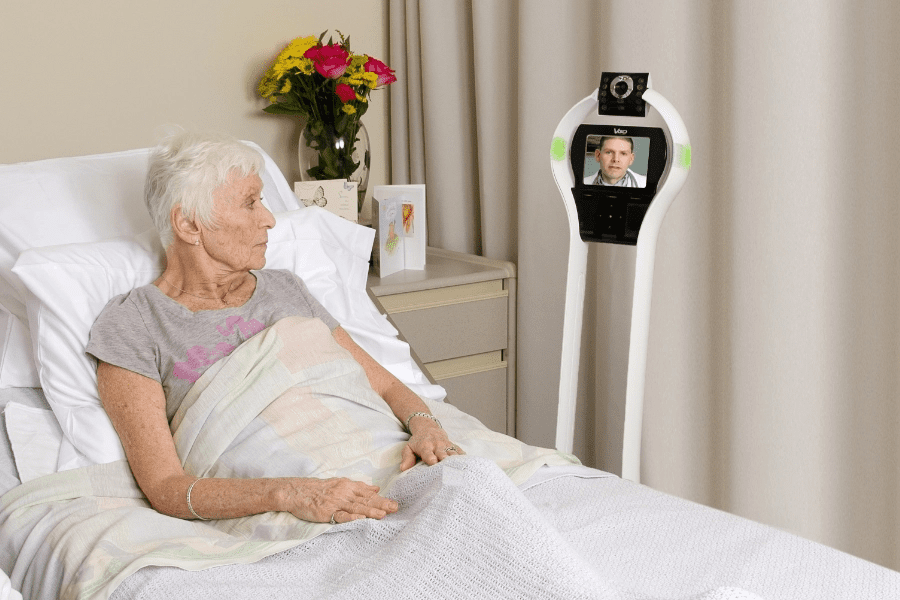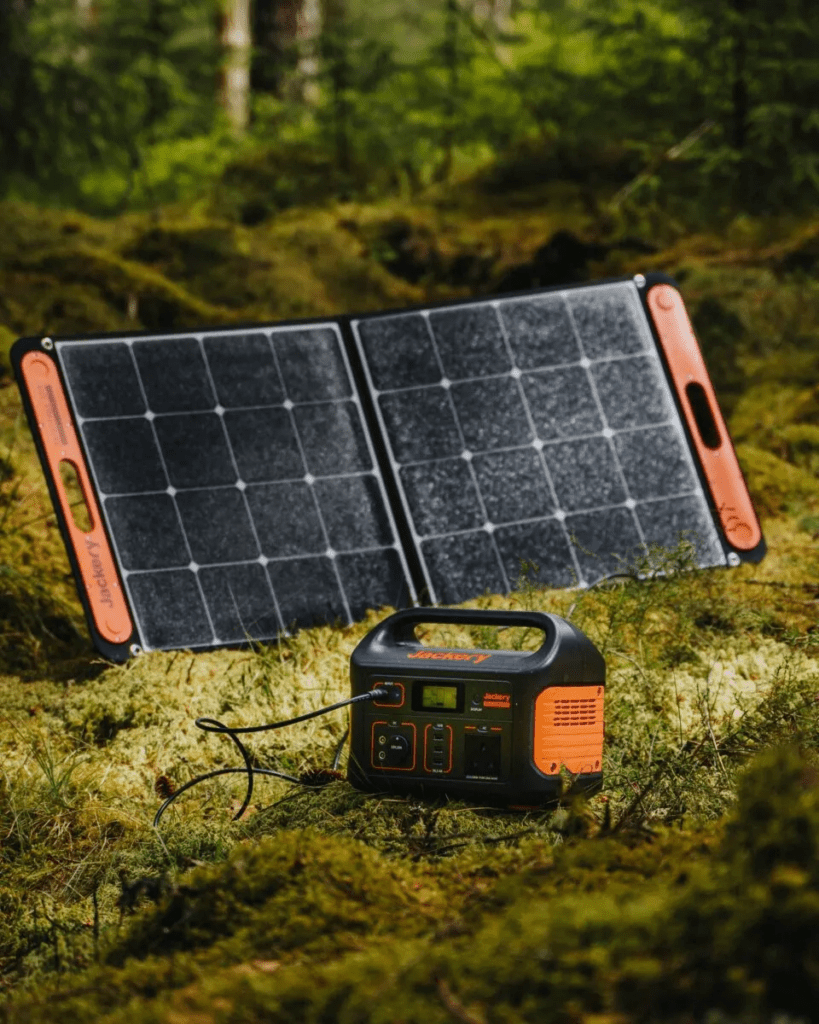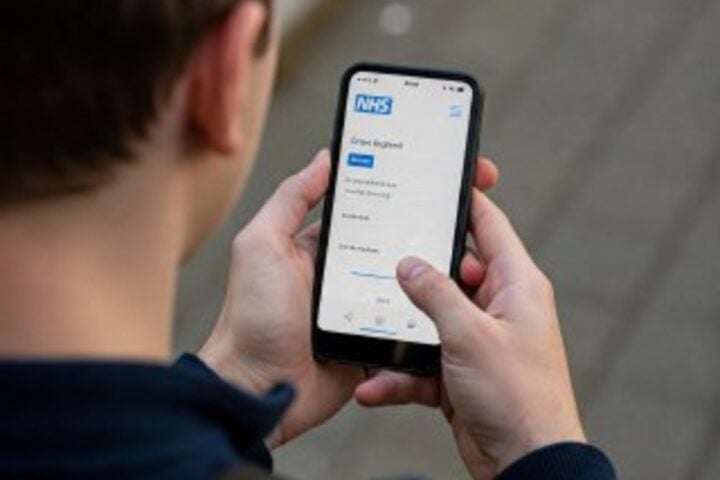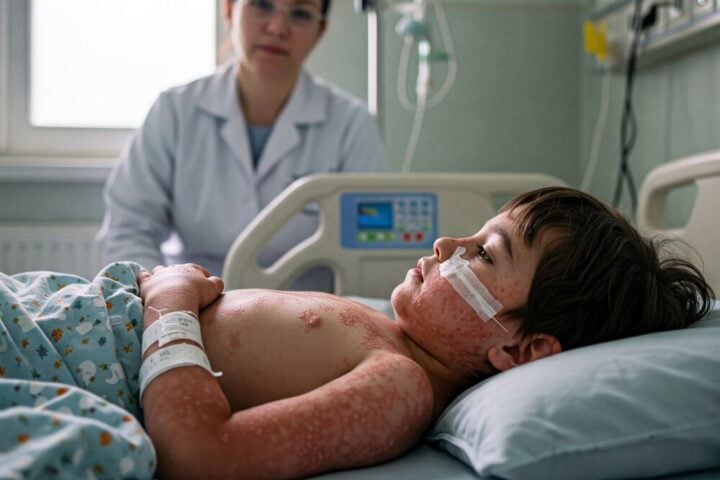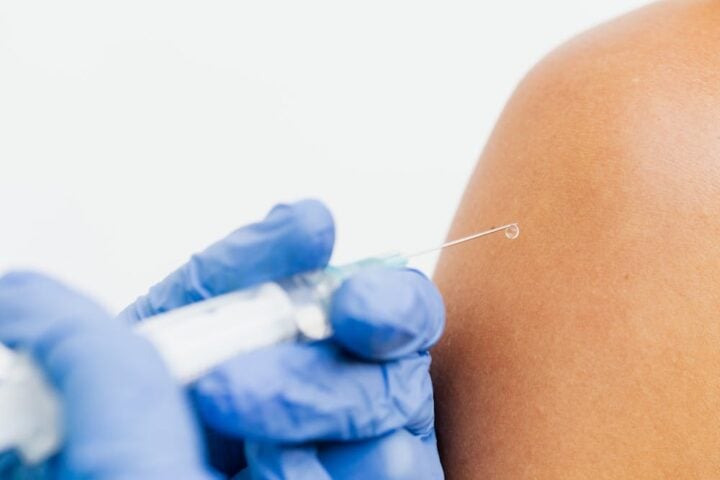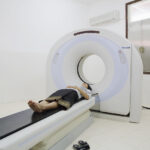Vecna Technologies, founded in 1998, has a history of creating innovative solutions for hospitals to improve patient care. Their products include intake systems for managing Covid-19 patient surges, prediction systems for maternity wards, and telepresence robots for connecting patients with loved ones. These developments have also led to spin-offs such as Vecna Robotics, a material handling company, and VecnaCares, a healthcare non-profit. The co-founders Deborah Noel Theobald and Daniel Theobald have stated that their goal was to create a robotics company that makes a positive impact on the world, and that the company’s origins and mission were inspired by the MIT education.
Growing up, Deborah Theobald had always dreamed of becoming an astronaut, leading her to attend MIT for their aerospace engineering program. However, while studying the impact of long-term space travel on human health with Professor Dava Newman, Deborah became fascinated by the healthcare industry. It was at MIT that she also met Daniel Theobald, a mechanical engineering major with a passion for building robots. The two began discussing the possibility of starting a company together. Daniel even submitted a proposal for a robotics company in the MIT $100K Entrepreneurship Competition.
For her master’s degree, Deborah attended the University of Maryland to continue her research on health effects in space while Daniel remained at MIT, working on various robotics projects. In 1998, the two finally brought their ideas to fruition and founded Vecna Technologies. From its inception, the company has had a commitment to community service, encouraging employees to dedicate 10% of their workweek to volunteerism.
Daniel and Deborah, the co-founders of Vecna Technologies, discovered that incorporating a focus on giving back not only benefited the community, but also had a positive impact on their business. “We found that people who shared our values of social responsibility and giving back were also the most dedicated and hardworking employees,” Daniel explains.
Their first major opportunity came in the form of a government contract to develop a healthcare portal that facilitated communication and document sharing among patients, managers, and providers. This contract also provided the opportunity for them to explore other possibilities for their business.
The co-founders also received several government grants for projects, some of which led to the development of successful commercial products. One such grant was for creating models to help hospitals predict and manage hospital acquired infections (HAIs), which resulted in a tool that was implemented in about 100 hospitals.
Their next product was a patient registration system that used kiosks to streamline the intake process at hospitals. During the Covid-19 pandemic, Vecna adapted the platform into a text-based check-in service for clinics, which is currently being used by thousands of hospitals.
Subsequently, mobile versions of that system have been used to deliver medication, enable virtual consultations, and even assist immunocompromised students in attending school remotely, avoiding isolation.
Vecna Technologies’ dedication to community service led the team to explore ways to apply their technologies in underprivileged areas, resulting in the formation of VecnaCares, their non-profit arm. In 2014, VecnaCares deployed their VGo mobile robots to Liberia and Sierra Leone to assist with the Ebola response. The robots enabled doctors to see patients without undergoing a time-consuming decontamination process. Additionally, VecnaCares’ patient intake software was used to register and manage patients with Ebola and other diseases.
Since then, VecnaCares has partnered with organizations such as the International Rescue Committee, the International Committee of the Red Cross, International Medical Corp, and the Special Olympics to carry out various projects. They have also refined their algorithms to help low-resource hospitals manage staff shortages in maternity wards, allowing nurses to focus their attention on mothers and babies that are most at risk of complications.
After years of developing and commercializing robots, the founders realized that their robots may be more suited for warehouse settings than healthcare, leading Daniel to spin off Vecna Robotics in 2017, which focuses exclusively on robotics for industrial settings such as manufacturing, logistics, and order fulfillment. Deborah notes, “It’s been a fun ride” as they’ve grown and evolved the company over the years.
With a commitment to community service at its core, Vecna Technologies explored ways to utilize their technology in under-resourced areas. This led to the creation of VecnaCares, the company’s non-profit arm. In 2014, VecnaCares deployed their VGo mobile robot to assist with the Ebola response in Liberia and Sierra Leone, enabling doctors to interact with patients without undergoing a prolonged decontamination process. In addition, the company’s patient intake software was used to register and manage patients with Ebola and other illnesses. Since then, VecnaCares has partnered with various organizations such as the International Rescue Committee and the International Committee of the Red Cross, to implement projects aimed at improving healthcare in low-resource settings. Through these partnerships, the company has fine-tuned its algorithms to assist hospitals in managing staff shortages, particularly in maternity wards, helping medical personnel focus on the babies and mothers most at risk of complications.
After several years of developing and commercializing robots for healthcare, the founders decided that their technology may be better suited for other industries. In 2017, Daniel spun off Vecna Robotics to focus on creating robots for industrial settings, such as manufacturing and logistics. Reflecting on the company’s journey, Deborah said, “We’ve sort of done four different growths and exits. It’s been a fun ride.”
As Vecna Technologies approaches its 25th anniversary, the company is focused on expanding its impact in the home healthcare and extended care industries. They hope to develop tools that can assist family members and healthcare organizations in caring for the aging population. Later in the year, Vecna plans to release a cost-effective home care robot that can be controlled remotely or autonomously to assist individuals with conditions such as Alzheimer’s. This robot will be part of the “Be There Network”, a platform that healthcare providers can use to provide care to large patient groups despite staff shortages. The company’s mission is to continue finding new ways to utilize its technology to improve people’s lives.
